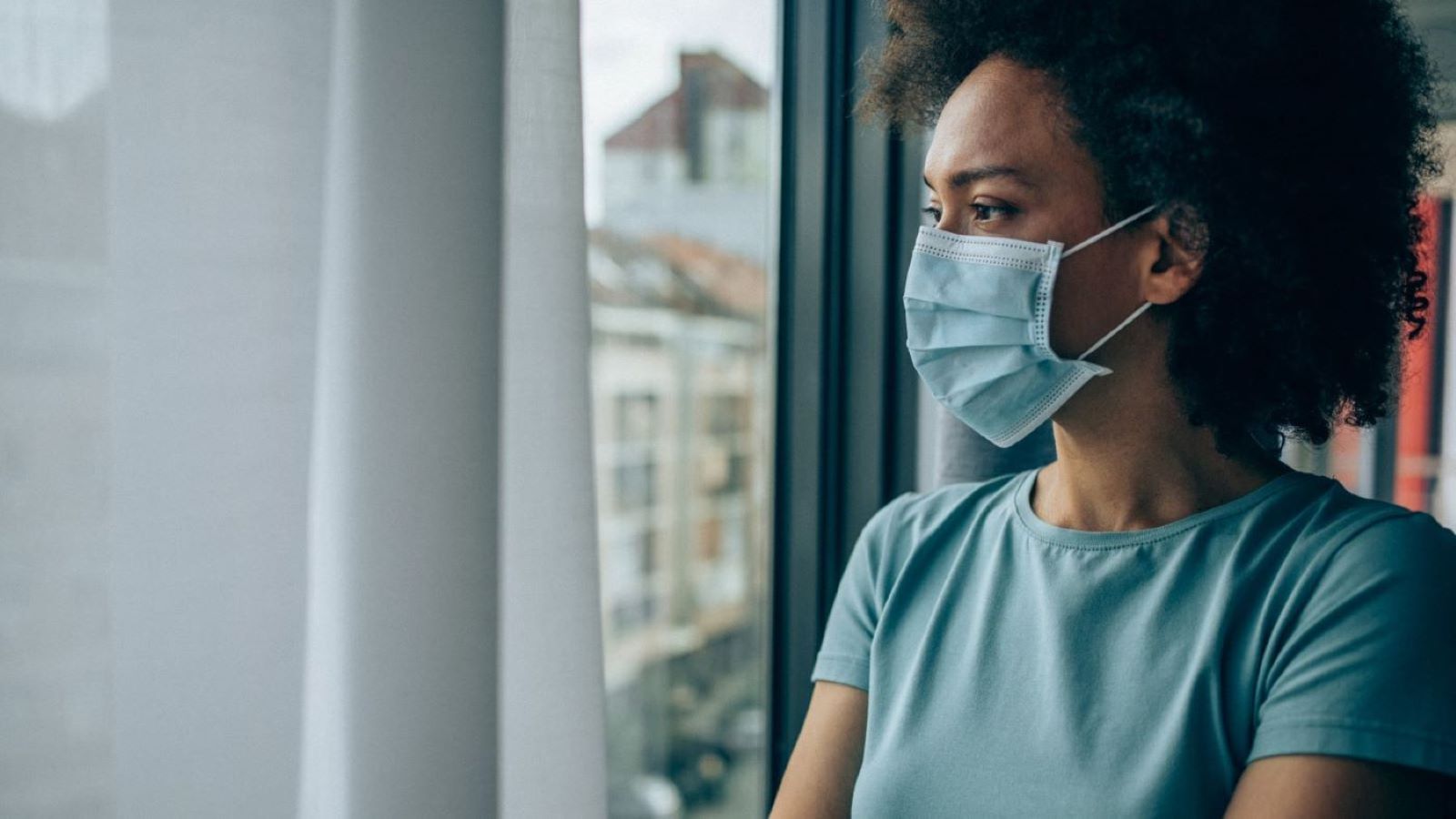It’s no surprise that the COVID-19 pandemic has led to a major rise in mental illness – in just the first year of the pandemic, global prevalence of anxiety and depression increased by 25 percent according to the World Health Organization.
But can poor mental health actually make you more vulnerable to a breakthrough COVID infection, even after being vaccinated?
New research from the Journal of the American Medical Association shows that those diagnosed with psychiatric conditions, including substance use disorders, were at increased risk of breakthrough COVID infection compared to those with no psychiatric history.
“We have definitely seen this to be true, especially with clients who are older,” said Carla Schnitzlein, DO, medical director of Natchaug Hospital, part of the Hartford HealthCare Behavioral Health Network.
The researchers assert that some psychiatric disorders decrease one’s immunological response to a vaccine, such as the one protecting against COVID. Dr. Schnitzlein agreed.
“Conditions such as anxiety can increase cortisol levels which impacts our body’s immune system. Higher levels lead to decreases in white blood cells, one of the front-line defenses our immune system has. This makes infection more likely,” she explained.
In addition, people with mental health conditions are more likely to have such co-existing medical issues as diabetes which not only affect the immune system’s response to infection but are risk factors for infection themselves.
Another factor is the prevalence of risky behavior, although Dr. Schnitzlein said that might oversimplify a world in which many with mental illness live.
“I would propose that it is more complicated than even risky behaviors. Certainly substance use disorders convey a higher risk of breakthrough infection, but I wouldn’t discount the impact of social determinants of health in this population,” she noted. “Many individuals with mental health concerns live in poverty, have less access to reliable healthcare or live in congregate housing situations. All of these factors increase the risk of infection and create anxiety which we know impacts our immune process.”
Because of such factors, and evidence that this population is more impacted by COVID than those who do not have mental health conditions, Dr. Schnitzlein said they should be considered immunocompromised and receive vaccines and boosters before those without such conditions.
“This is an at-risk population who often have co-morbid medical conditions that further compound their risk of breakthrough infection and complicated courses of illness,” she said.



